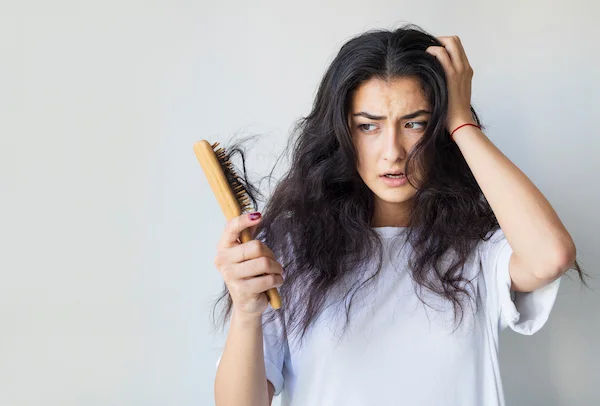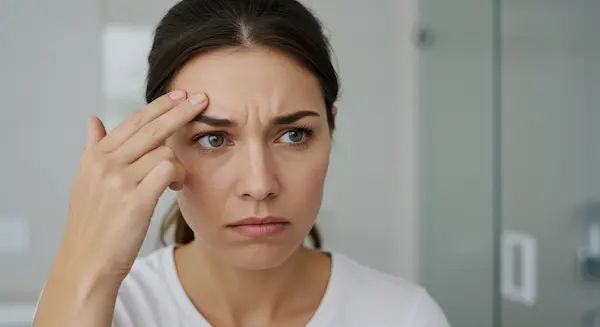- Male
- 30 Years
- 22/01/2025
I'm really worried about my hair loss. The crown of my head is almost bald now, but thankfully the rest of my hair seems okay. I'm wondering, is there really a medication out there that can reverse this permanently? And if medication can't cut it, what other steps should I consider taking?
Answered by 1 Apollo Doctors
Hair loss on the crown area, known as male pattern baldness, can be treated with medication to some extent. One of the most common medications for this is Finasteride, which is taken orally once a day. Another option is Minoxidil, which is a topical solution applied to the scalp twice a day. These medications can help slow down hair loss and promote some regrowth, but results vary from person to person. It's important to note that these medications need to be used continuously to maintain any benefits. If medication alone is not providing satisfactory results, another option to consider is hair transplant surgery. This involves moving hair follicles from areas of the scalp where hair is thicker to the balding areas. This can provide a more permanent solution to hair loss on the crown. It's best to consult with a dermatologist or a hair specialist to discuss the most suitable treatment option for your specific situation.
Dr. Mubarak Suggests...
Consult a Dermatologist
Answered 04/07/2025
0
0

More Dermatology Health Queries
View allI've been dealing with this hivesurticaria issue for the past 8 months and it's been really frustrating. Is there any effective treatment for this kind of allergy? I've seen several doctors already, but nothing seems to work. Do you have any advice?
Advised tab allegra 120 mg bed time,for 7 days..
Answered by 1 Apollo Doctors
I'm really struggling with my complexion and it's been tough finding something that works. I tried using Panderm Plus and loved the results, but since it's banned now, I'm unsure about what alternatives are out there. Are there other steroid creams or medications that are effective for skin whitening? Any advice would be really helpful!
Kojiglo cream for local application for atleast 3 weeks is advised.
Answered by 1 Apollo Doctors
I'm dealing with this macular amyloidosis and it's really getting on my nerves. I've got these pigmentation issues popping up on my upper back, legs, and hands, and now it's spreading to my neck too. The itching is just unbearable in these areas. Im really looking for some guidance on what kind of treatment I should go for. Is there any real cure for this?
Macular amyloidosis is a chronic skin condition that can be challenging to treat. To help manage the pigmentation and itching, I recommend using a topical corticosteroid cream such as Clobetasol propionate 0.05%. Apply a thin layer to the affected areas twice daily for up to 2 weeks. Additionally, you can take an oral antihistamine like Loratadine 10mg once daily to help with the itching. It is important to keep the skin well moisturized, so I suggest using a gentle moisturizer like Cetaphil. Avoid scratching the affected areas to prevent further irritation. If the symptoms persist or worsen, please follow up with a dermatologist for further evaluation and management.
Answered by 1 Apollo Doctors
Disclaimer: Answers on Apollo 247 are not intended to replace your doctor advice. Always seek help of a professional doctor in case of an medical emergency or ailment.



